University of California San Francisco
Give to UCSF-
-
UCSF Is Top Public Recipient of NIH Funding for 14th Straight Year
In 2020, UCSF again was the top public recipient of funding from the National Institutes of Health, maintaining the spot for the 14th year in a row. UCSF continued to rank high among all public and private institutions nationwide, ranking third overall.
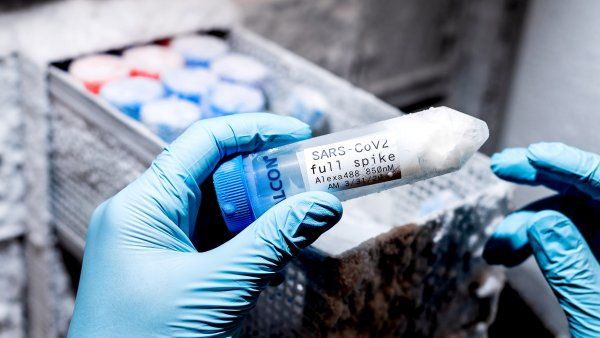
-
Studies Examine Variant Surging in California, and the News Isn’t Good
-
Terrifying ‘Post-COVID Syndrome’ Is Next Focus for Researchers in Bay Area and Beyond
-
Black History Month 2021: Reflecting on the Impact of Race
As UCSF honored Black History Month, we asked some of our faculty, staff, and students to share their experiences, their inspirations, and where they find hope for the future.
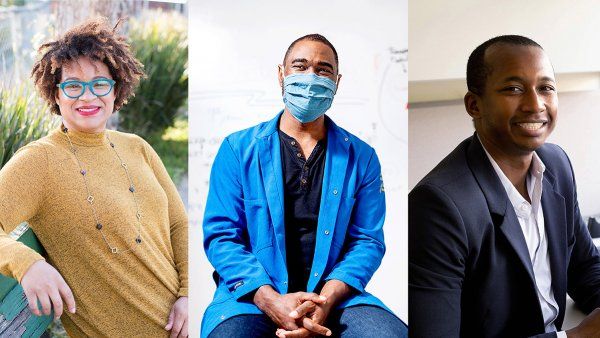
-
COVID-19 Study Finds Increase of Coronavirus Variants in San Francisco’s Mission District
New results from an ongoing collaborative effort to slow the spread of COVID-19 shows that the prevalence of a coronavirus lineage, characterized by the L452R substitution and two other mutations in the virus’s spike protein, has significantly increased in recent months.
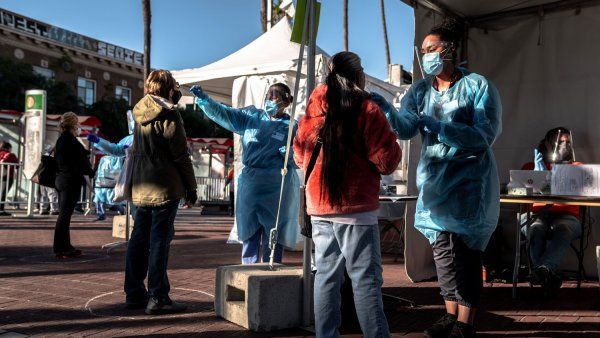
-
Key Decision Point for Brain Development Identified
In a new study, UCSF and Stanford researchers have identified a central switch that appears to control when neural progenitor cells stop multiplying and start differentiating into mature neurons.
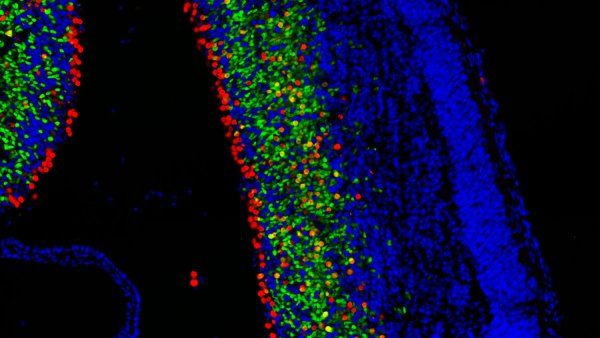
-
Study Estimates Excess Deaths in US from COVID-19 Pandemic Unemployment
UCSF researchers now have an estimate of how many people may have died as a result of pandemic-related unemployment.
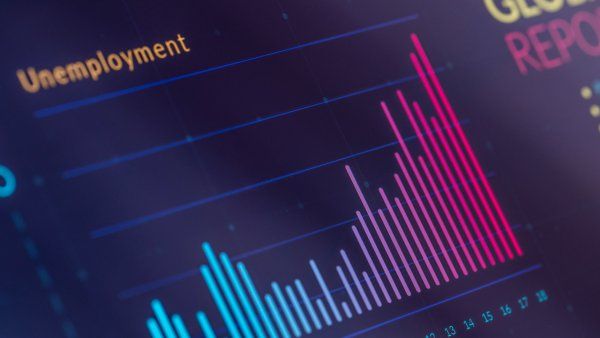
-
Store Fat or Burn It? Targeting a Single Protein Flips the Switch
UCSF researchers found that mice in which activity of a protein called eIF4E is diminished, either genetically or pharmaceutically, gain only half the weight of other mice, even if all the mice eat a high-fat diet.

-
UCSF Wins 5 Regional CASE Awards for Excellence in Communications, Advancement During COVID-19
UCSF won five gold awards from the Council for Advancement and Support of Education in this year’s regional competition, including four for COVID-19 communications.

-
Monica McLemore, PhD ’10: Demanding quality reproductive health care for all
On average, black women in the US die during pregnancy or childbirth at three to four times the rate of white women. Most public health experts would label this trend a “health disparity.” Monica McLemore is one of those experts, but she isn’t afraid to call out the racism behind the statistics.
-
‘AutoImmunoprofiler’ Builds on Success in Cancer Research to Advance Treatments for Autoimmune Diseases
UCSF scientists have formed a research alliance with pharmaceutical firm Eli Lilly and Company aimed at better understanding autoimmune diseases and fostering the development of new therapies
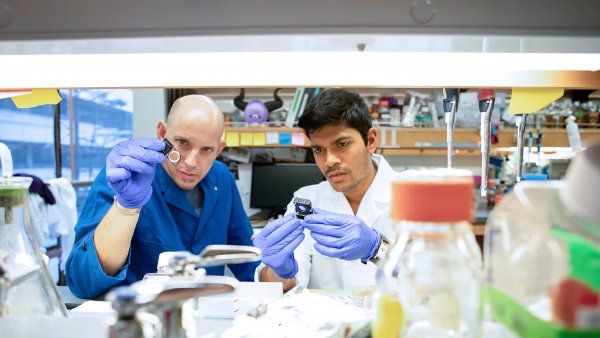
-
Adversity in Childhood May Lead to Early Aging for Women
The level of trauma the women had experienced in childhood was associated with the age of their epigenetic clocks.
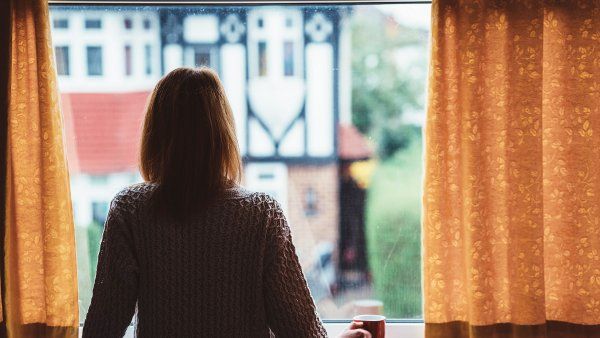
-
Podcast: How a Fascination with Saliva Helped Solve a Health Crisis
Tissue biologist Sarah Knox has long been fascinated with saliva. Just when she begins to doubt whether her singular passion will lead to real-world impact, an old family friend reaches out to her with a problem only she may be able to solve.
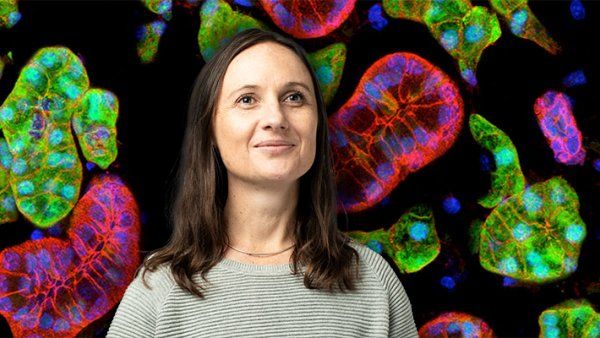
-
Probiotics: Health Hack or Hype?
We turned to UCSF scientists to better understand probiotics and the human microbiome they aim to influence.
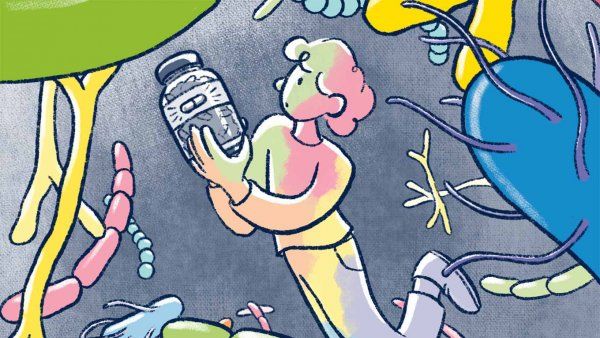
-
COVID Long-Haulers Find Relief Among Fellow Sufferers on Road to Recovery
-
Staring Down the Stigma of Sexually Transmitted Diseases
-
New Test Predicts Tumors Most Likely to Respond to Radiation, Chemotherapy
Many cancer patients might respond better to treatments with the help of a new prognostic indicator based on a distinctive pattern of gene activity within tumor cells.

-
Millie Hughes-Fulford, the First Woman Scientist in Space, Dies at 75
Millie Hughes-Fulford, a UCSF scientist who flew in June 1991 aboard the first space shuttle mission dedicated to biomedical studies, died on Feb. 2 at the age of 75. S
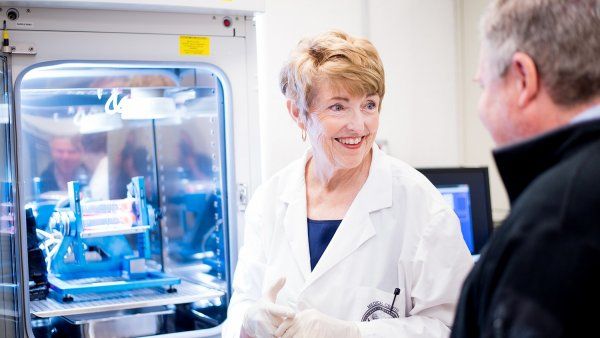
-
Pandemic Brings an Unexpected Twist to Alum’s Protein Discovery
Susan Acton discovered ACE2 while searching for new cardiovascular drugs. Decades later, she was surprised to see it popping up in the news once COVID took hold.
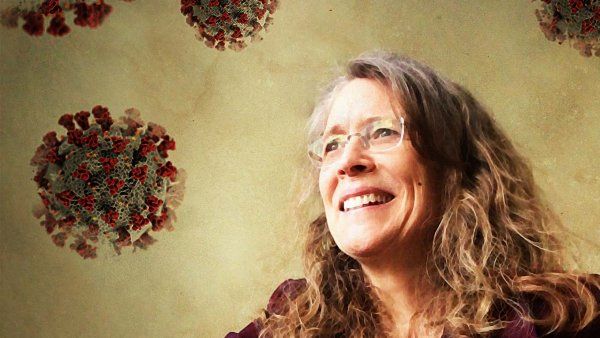
-
Response to Cancer Immunotherapy May Be Affected by Genes We Carry from Birth
A new study finds that inherited genetic variation plays a role in who is likely to benefit from checkpoint inhibitors, which release the immune system’s brakes so it can attack cancer.
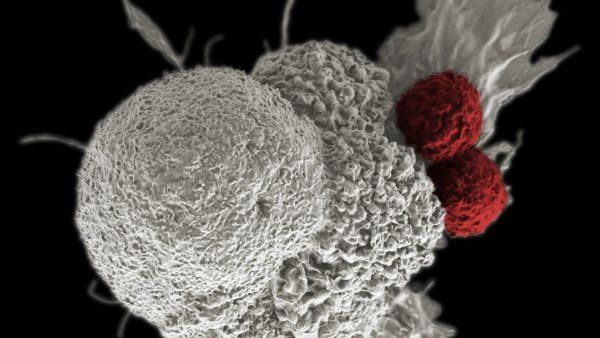
-
With COVID Risk Elevated in Bay Area, Should You Upgrade or Double Your Mask?
-
Science of Aging is Focus of New Bakar Research Institute
The new Institute will bring together scientists and clinicians from all UCSF sites to address the most critical questions related to the science of aging.
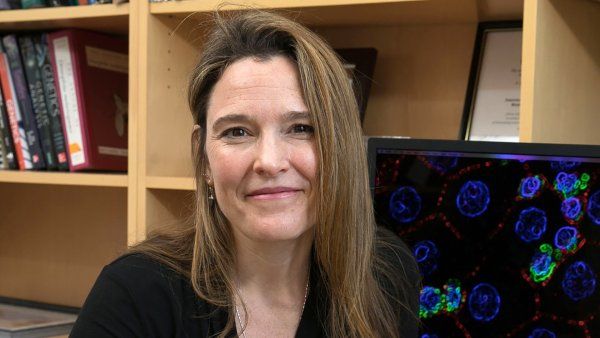
-
Camp Okizu, a Refuge for Families Affected by Childhood Cancer, Pledges to Rise from the Ashes
The camp was co-founded by Arthur Ablin, MD, the former chief of pediatric oncology at UCSF.
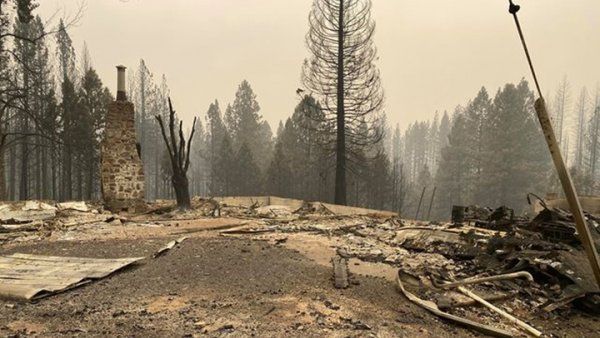
-
How to Prepare for Getting the COVID-19 Vaccine
-
‘Hidden Biological Link’ Among Autism Genes Revealed in Study
A new study of autism risk genes by UCSF and UC Berkeley scientists implicates disruption in prenatal neurogenesis – a process in which specialized “progenitor” cells give rise to new brain cells – in the development of autism spectrum disorders.
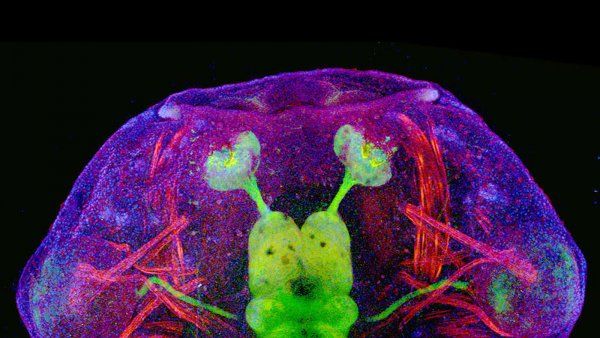
-
UCSF, Gladstone Launch Center for Neurovascular Brain Immunology
The new center will provide an integrated platform for basic and clinical research, bringing together vascular biology, immunology, and neuroscience.
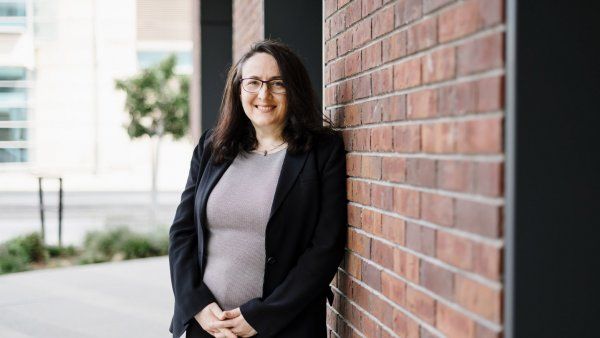
-
Can You Hug Your Grandkids After Receiving the COVID-19 Vaccine?
-
Minority Patients Miss Out On Life-Saving Cystic Fibrosis Drugs Due to Genetic Test Limitations
A new study shows how minority patients are effectively disqualified from receiving the latest cystic fibrosis drugs approved only for people with mutations more common among white patients.
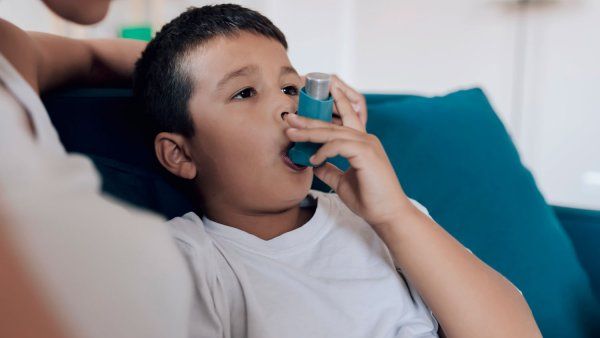
-
COVID-19 Vaccines Are Likely Safe During Pregnancy. When Will We Know for Sure?